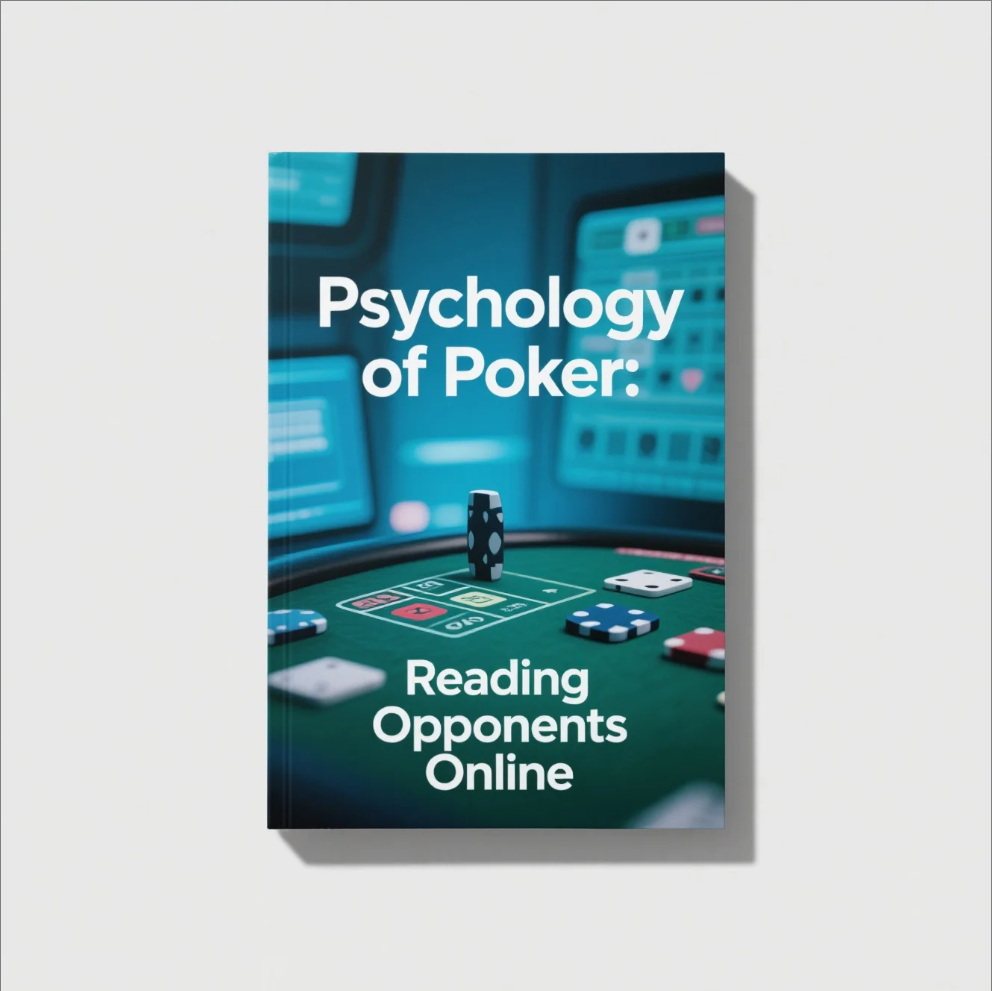Poker has always been a game of skill, strategy, and psychology. While reading body language is key in live games, online poker removes physical tells — leaving players to rely on behavioral patterns, betting habits, and timing to gain an edge. Understanding the psychology of opponents online can be the difference between winning consistently and falling into costly traps.
1. The Importance of Psychology in Online Poker
Even without physical cues, poker psychology plays a major role. Players reveal plenty through their actions, speed of play, and betting strategies. Recognizing patterns allows you to predict moves, exploit weaknesses, and adjust your own play.
2. Betting Patterns Tell a Story
- Aggressive Bets: Frequent large raises may signal strength — but can also be a bluff to intimidate.
- Small Bets: Often used to “test the waters” or lure opponents into the pot.
- All-In Moves: Can show desperation or confidence; context and timing are crucial in interpreting them.
3. Timing as a Psychological Tell
- Quick Actions: Instant calls may indicate weak hands or automatic play.
- Delayed Decisions: Long pauses might suggest a difficult choice or an attempt to appear weak/strong.
- Consistent Speed: Players who act consistently are harder to read but often use automation tools.
4. Emotional Control (Tilt Factor)
Tilt — emotional frustration that leads to reckless decisions — is one of the biggest psychological weaknesses in online poker. Recognizing when opponents are on tilt (sudden aggressive betting after a loss) lets you capitalize strategically. Likewise, mastering your own emotions is key to maintaining discipline.
5. Player Profiling
Online players often fit into psychological categories:
- The Aggressor: Constantly raising and applying pressure.
- The Passive Caller: Prefers to call rather than raise, waiting for strong hands.
- The Bluffer: Frequently risks weak hands to appear dominant.
- The Rock: Plays very tight, only entering pots with strong hands.
Spotting these profiles early gives you a roadmap to counter their style.
6. Mind Games in Online Poker
Psychological strategies such as mixing up your playstyle, bluffing sparingly, and creating unpredictability keep opponents from reading you too easily. The goal is to stay one step ahead in the mental battle.
Conclusion
The psychology of online poker is less about body language and more about patterns, emotions, and timing. By sharpening your ability to read opponents through subtle digital tells, you gain a valuable advantage at the virtual table. Success comes not only from cards and math but also from mastering the mind games that define poker.
Another article:


